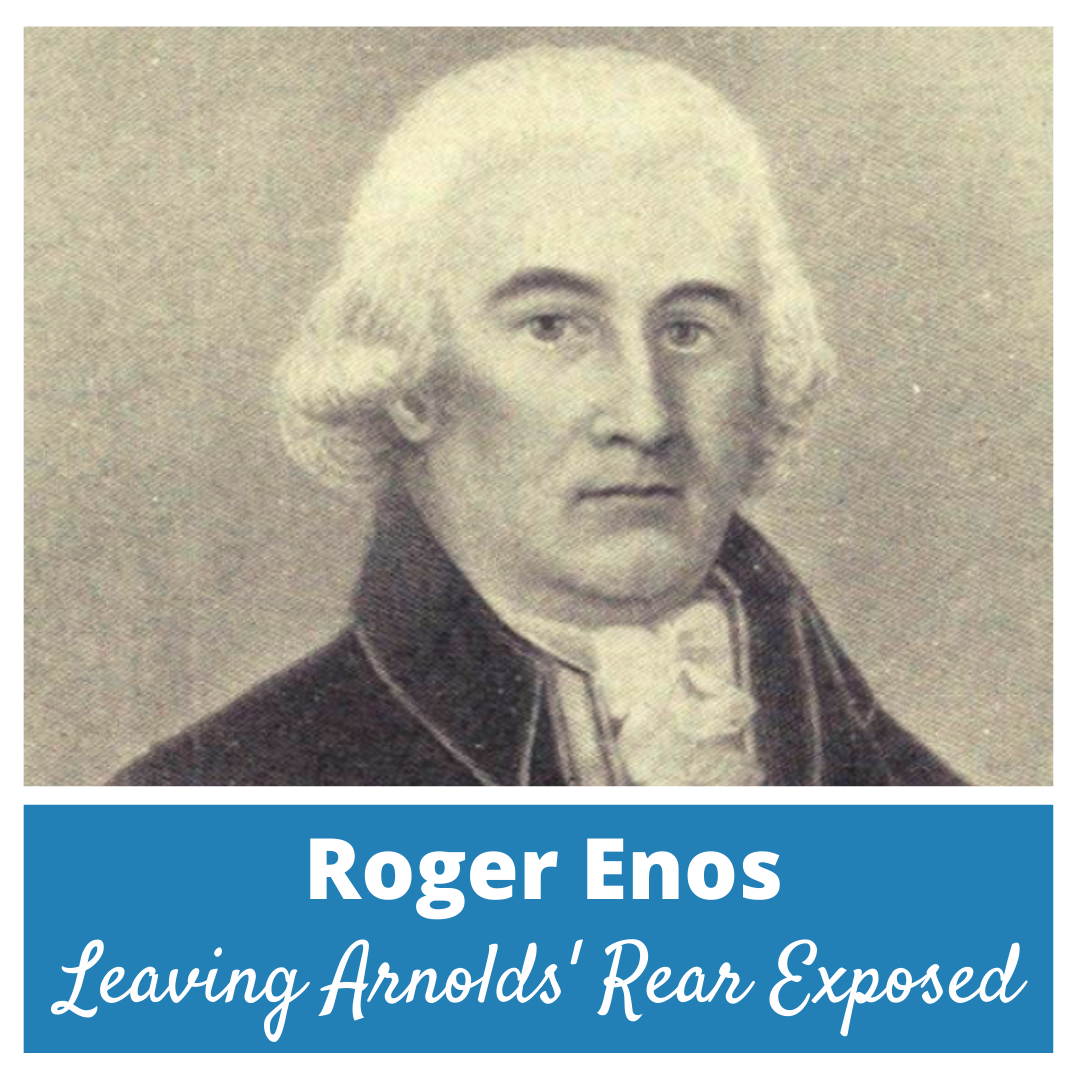Cato VII - Congressional Elections
Cato VII is an Anti-Federalist Paper that focuses on Congress’ ability to control the time, place and mode of elections.
Cato VII
January 3, 1788
Cato VII is the final Anti-Federalist Paper written by Cato (who was most likely Governor George Clinton).
The main focus of this paper is means of electing representatives and Congress’ role in the matter.
Elections
The Constitution leaves elections up to the States, but gives Congress the power to intervene if it is deemed necessary.
Cato argues that Congress can make up any reason to intervene and will use that ability to make elections very difficult for most people to participate in by putting it at a time and place that is extremely inconvenient.
He acknowledges that the Federalist argument for this is that States could remove themselves from the National Government by simply not having elections, and therefore Congress needs to get involved.
However, Cato asks, why would a State want to keep Representatives away from Congress? It would just be leaving it fate in the hands of other States.
It is in a States’ best interest to send Delegates to speak on its behalf.
Too Powerful
Cato concluded this series of Anti-Federalist Papers with one last claim that the Constitution is too open-ended.
While he acknowledges that the restrictions of the leaders under the Articles of Confederation need to be loosened, he is afraid they are given too much power under the Constitution.
Cato suggests that putting too much trust in the kindness of rulers leads to the loss of liberty and sows the seeds of tyranny.
This series is only part of my regular publications, so…
If you want to keep up with all the Founders, make sure you subscribe to my daily newsletter here:






